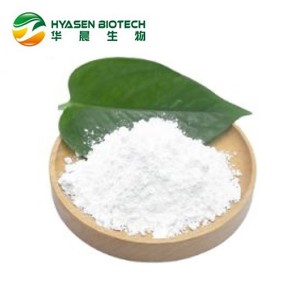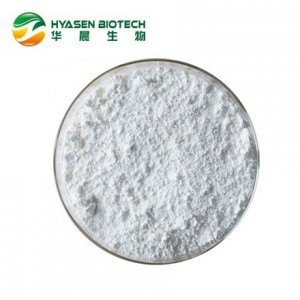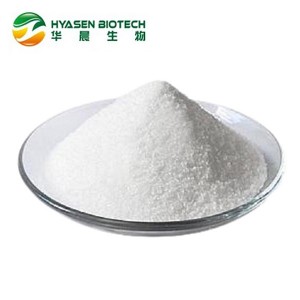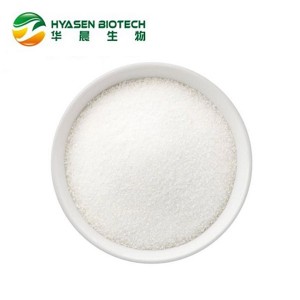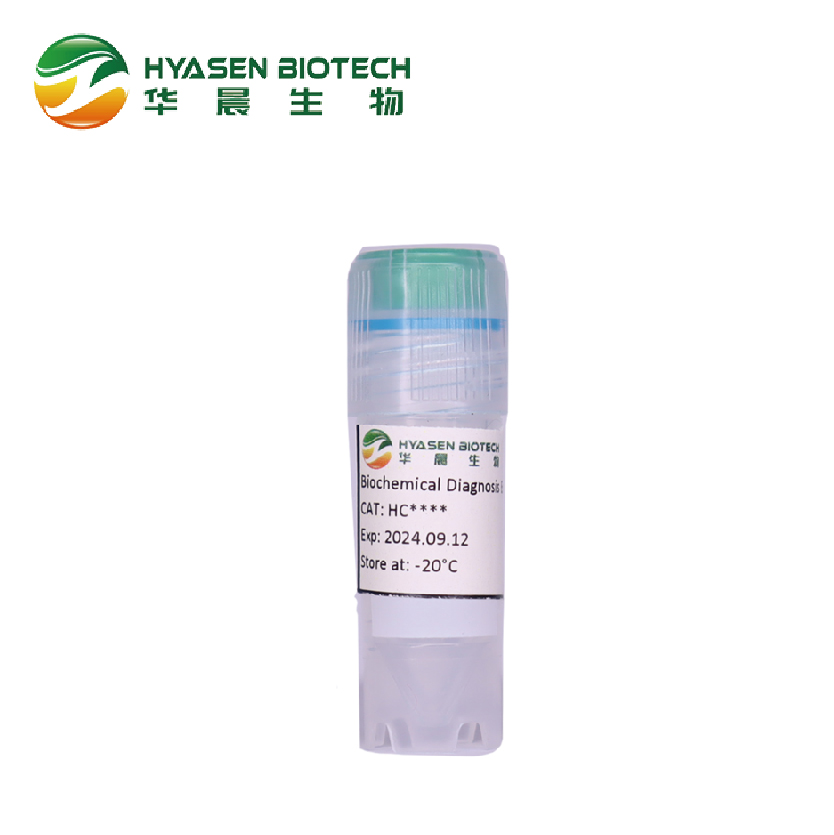
Fructosyl-peptide Oxidase (FPOX)
Description
The enzyme is useful for the determination of fructosyl-peptide and fructosyl-L-amino acid.
Chemical Structure
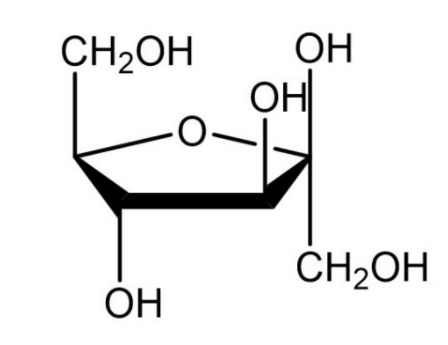
Reaction Principle
Fructosyl-peptide + H2O + O2 → Peptide + Glucosone + H2O2
Specification
| Test Items | Specifications |
| Description | White amorphous powder, lyophilized |
| Activity | ≥4U/mg |
| Purity(SDS-PAGE) | ≥90% |
| Catalase | ≤0.01% |
| ATPase | ≤0.005% |
| Glucose oxidase | ≤0.03% |
| Cholesterol oxidase | ≤0.003% |
Transportation and storage
Transportation: Ambient
Storage: Store at -20°C(Long term), 2-8°C (short term)
Recommended re-test Life: 2 year
Development history
One of the indexes used in the diagnositics of diabetes is glycated hemoglobin (HbA1c). The measurement of HbA1c using enzymes is suitable for processing large numbers of specimens, and is cost efficient. As such, there has long been a strong call from health practitioners for the development of such an enzyme assay. Therefore, we developed a new assay using the “dipeptide method”. Specifically, we discovered “Fructosyl-peptide Oxidase” (FPOX) which could be used as an enzyme for this assay. This facilitated our success in achieving a world’s first by making a reality of an HbA1c enzyme assay. This “dipeptide method” uses Protease (Proteolytic enzyme) to break down HbA1c in the bloodstream, and then measures the levels of saccharified dipeptides produced using FPOX. This method met with an overwhelmingly positive reception due to its merits of being simple, inexpensive and speedy, and the HbA1c measuring reagent using FPOX has now come to be used throughout the world.







